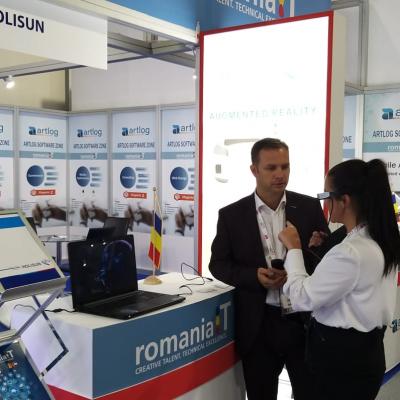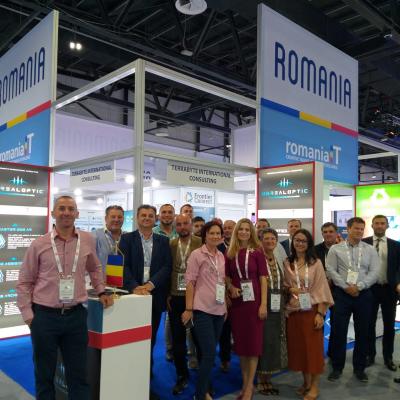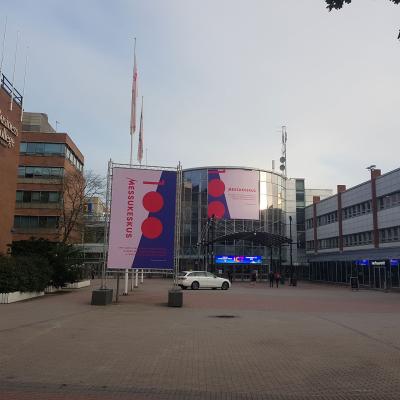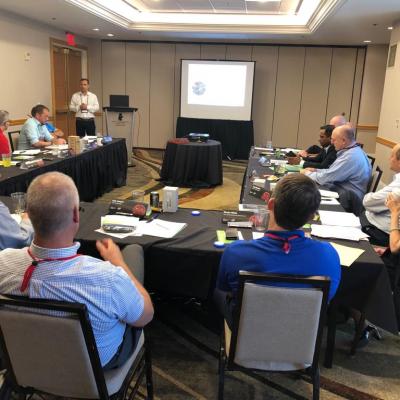Title: The Use of Big Data Analytics for Process Modelling in Smart Logistics Operations
Acronym: BIG-SMART-LOG
Duration: 24 months (01/06/2019 - 31/05/2021)
Total budget: 187.254,62 EUR
Non-refundable budget: 152.859,00 EUR
Partners
Ekol Lojistik, Technology Group (Turkey)
Istanbul Şehir University (Turkey)
Centre for Research and Technology Hellas, Information Technologies Institute (Greece)
The John Paul II Catholic University of Lublin, Faculty of Mathematics, IT and Landscape Architecture (Poland)
SC HOLISUN SRL (Romania)
Abstract
“Logistics 4.0” is referred to the combination of using logistics with the innovations and applications added by Cyber Physical Systems (CPS). “Smart Logistics” is a logistics system, which can enhance the flexibility, the adjustment to the market changes and will help the company be closer to the customer needs. This new paradigm is the result of the increased and enhanced use of internet that enables the communication between machines, devices and humans in real time and the use of what is known as ‘’Advanced Digitalization’’1. The challenging competition in the global market forces transportation companies to develop smart solutions for managing logistics and supply chain operations more effectively2. In the process of searching for these solutions an emerging number of companies are embracing the opportunities that big data provides3.
This project aims to address the challenge of redesigning the entire data produced by satellite-enabled (IoT-Internet of Things) vehicle tracking technology (towards smart systems which are in communication with other vehicles exchanging traffic, weather, and road condition information, and various sensor data regarding the vehicle and the load, with which route and location updates are set autonomously for each vehicle), customers’ work orders, third party logistics services (carriers, forwarders, logistics and terminal operators), open source systems and social media.
The goal of the project is to design a semantic-enhanced self-learning processing model which captures the rhythm of existing infrastructure by analyzing operational data in real-time, uses learned data to positively influence the utilization of existing infrastructure and resources, increase system resiliency and service quality, and reduce greenhouse gas emissions, fuel consumption, idle times, traffic congestion, revenue losses, late deliveries, customer complaints through the use of big data technologies. Besides that, machine learning, deep learning, artificial intelligence and data science algorithms will provide predictions and prescriptions to maximize operational efficiency, environmental protection and safety.
Output of the project is building a semantically reproducible framework which can be applied to different organizations on multiple environments.
GITEX 2019 (5 - 10 octombrie 2019)
ICT Proposers Day, Helsinki, September 2019.
MES 2019 (15 - 18 septembrie 2019)


















